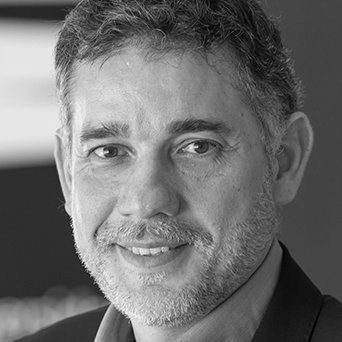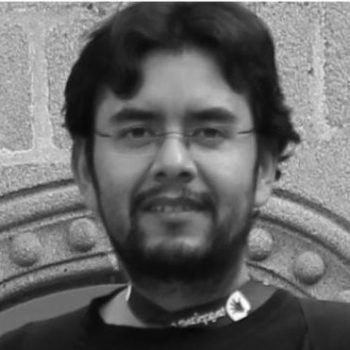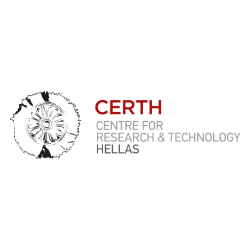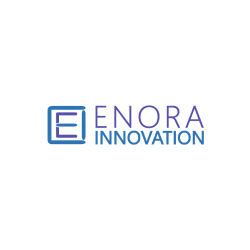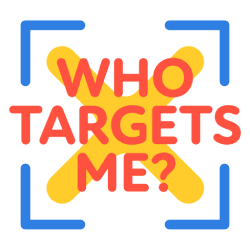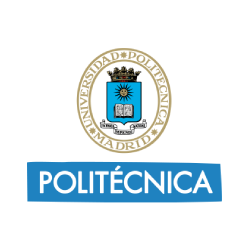How can technology optimise fact-checking processes and help the fight against disinformation?
In recent years, technological advances, the widespread use of the internet and social networks have worsened the problem of disinformation. This new dimension stems from different factors, such as the speed at which content is disseminated or the scope and segmentation of the audience.
In this context, to tackle this growing problem, some organisations now specialise in information verification by monitoring and checking content and data circulating on the internet. This information verification process is known as fact-checking. Although fact-checking is a common practice in journalism, it has become essential to combat disinformation and limit its spread. However, it is a slow and manual process that requires time and resources.
Therefore, it is essential to test and validate innovative technology solutions that will help optimise and automate the fact-checking process and thus help reduce the spread and impact of disinformation on society.
– Traceability of the source of information. Identification of actors, vectors, and channels that facilitate fake news going viral.
– Monitoring of media, social networks, and texting applications. Identification of threads, conversations, or publications that should be verified.
– Verifying identified content, data, and information.
a. Contrast the information against already published and verified facts.
b. Generate new fact-checks from official data.
– Disseminating verified facts to block the spread of falsehoods. The solutions must have a level of technological development equal to or greater than TRL 5 (Technology Readiness Level), and their implementation must be viable, both technically and economically. The winning solutions will be piloted in the context of fact-checking in Spain. In addition, those solutions with a great scalability potential will be valued positively.
– Image processing techniques to detect manipulated multimedia content (eg shallow fakes and deep fakes).
– Multilingual systems to automate the identification of verifiable content in speeches, social networks, and the media.
– Early detection systems for targeted campaigns. Including the identification of messages, actors, and channels involved.
– AI algorithms capable of autonomously generating verifying facts using data from official sources.
– Verifying bots for citizenship. Conversational systems connected to databases of official fact-checkers.
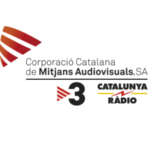



Jury
Meet the semi-finalists
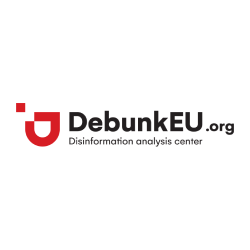
DebunkEU.org (Lithuania)
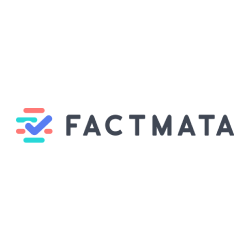
Factmata (UK)
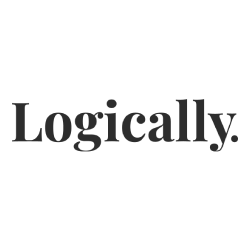
Logically (UK)
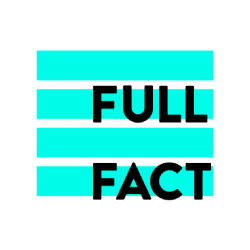
Full Fact (UK)

iCommunity Labs (Spain)

Ground News (Canada)
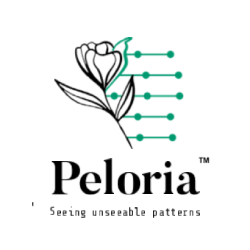
Peloria (US)

Les Surligneurs

Mimesis Contents SL (Spain)
How does the Call for solutions work?
FAQs
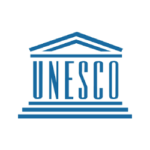
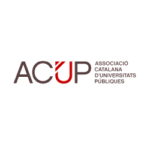
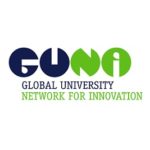
Age, economic status, and information consumption habits are determining factors. It is estimated that, in Spain, around 86% of the population cannot distinguish between true and false information (even though 60% believe they can).
According to the International Fact-Checking Network (IFCN), during the infodemic resulting from the Covid-19 pandemic, more than 6,000 relevant falsehoods have been verified worldwide. Still, nobody knows exactly how many non-viral falsehoods are in circulation.
This call for solutions seeks to identify and test innovative technology solutions that will help optimise and automate the fact-checking process and thus help reduce the spread and impact of disinformation.

